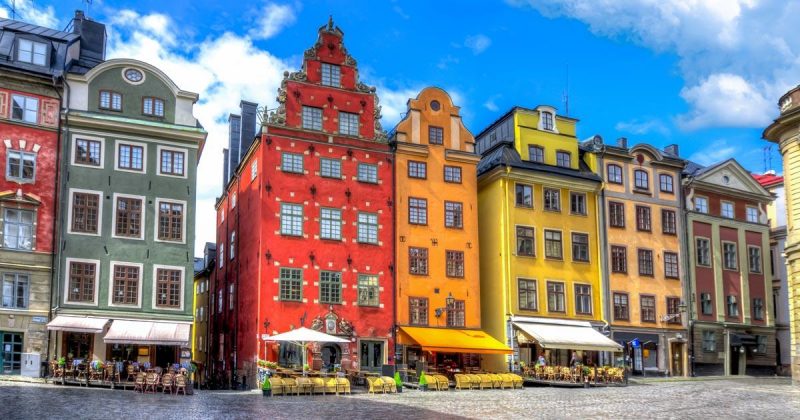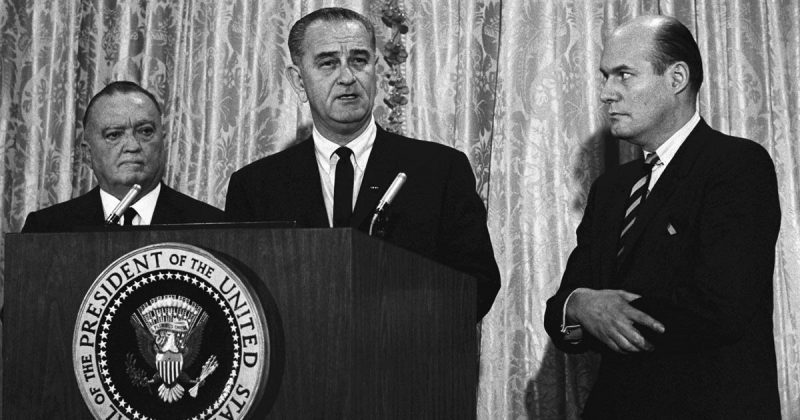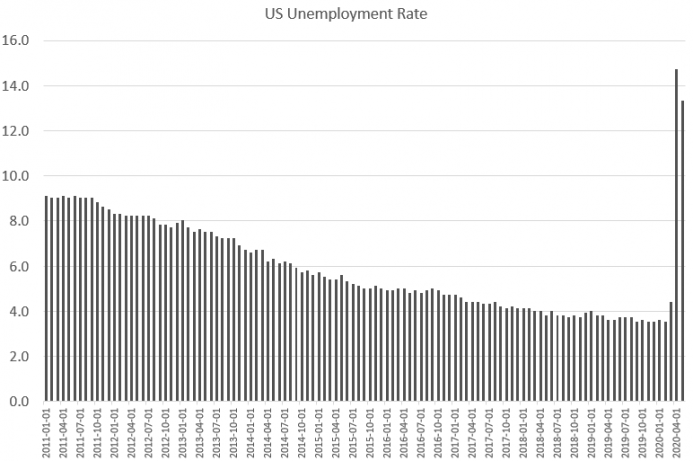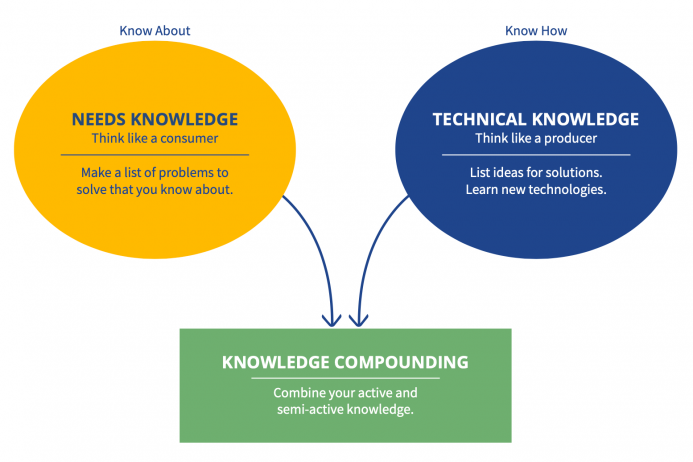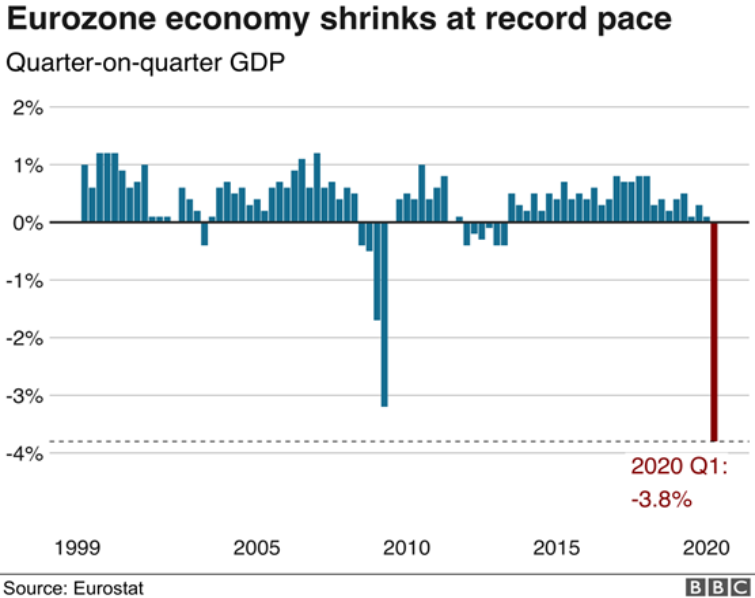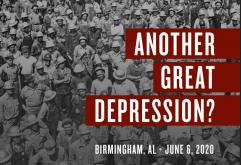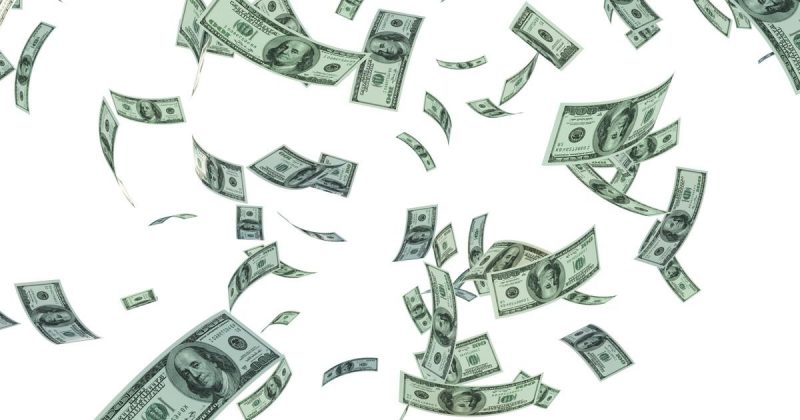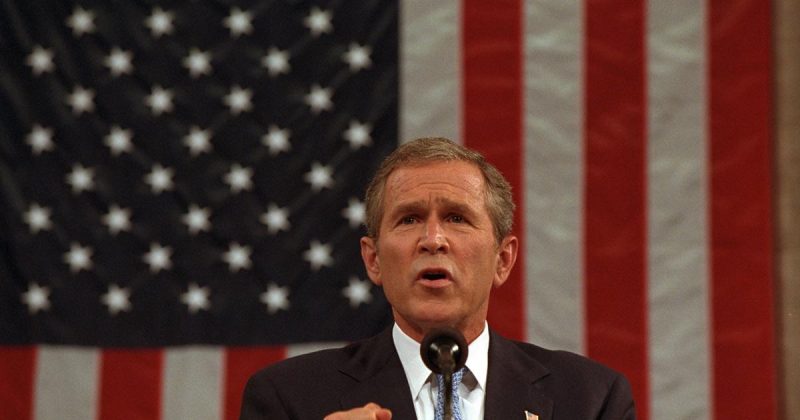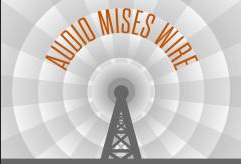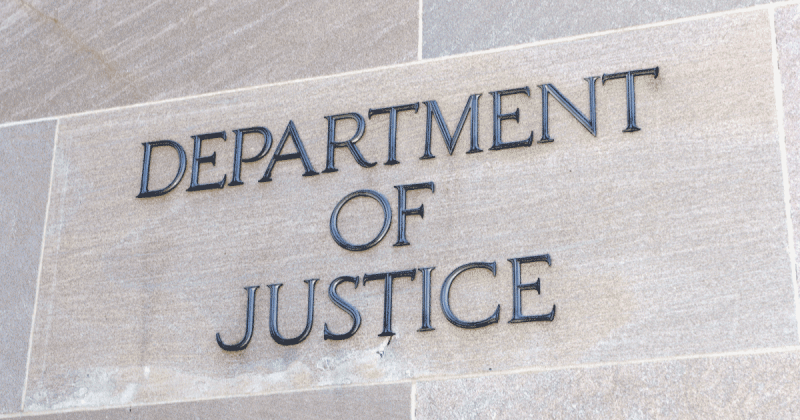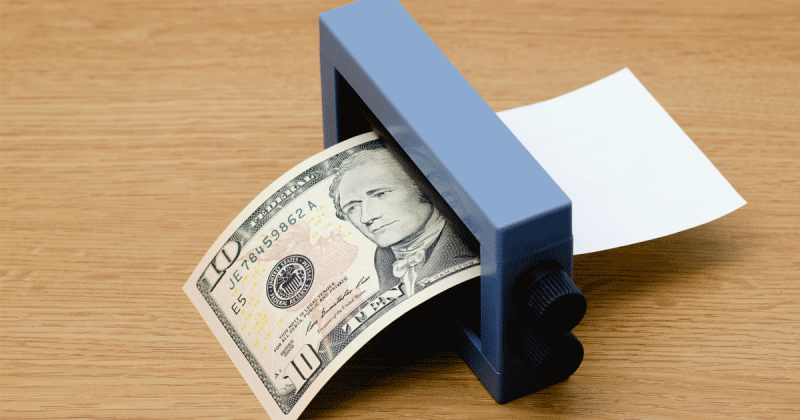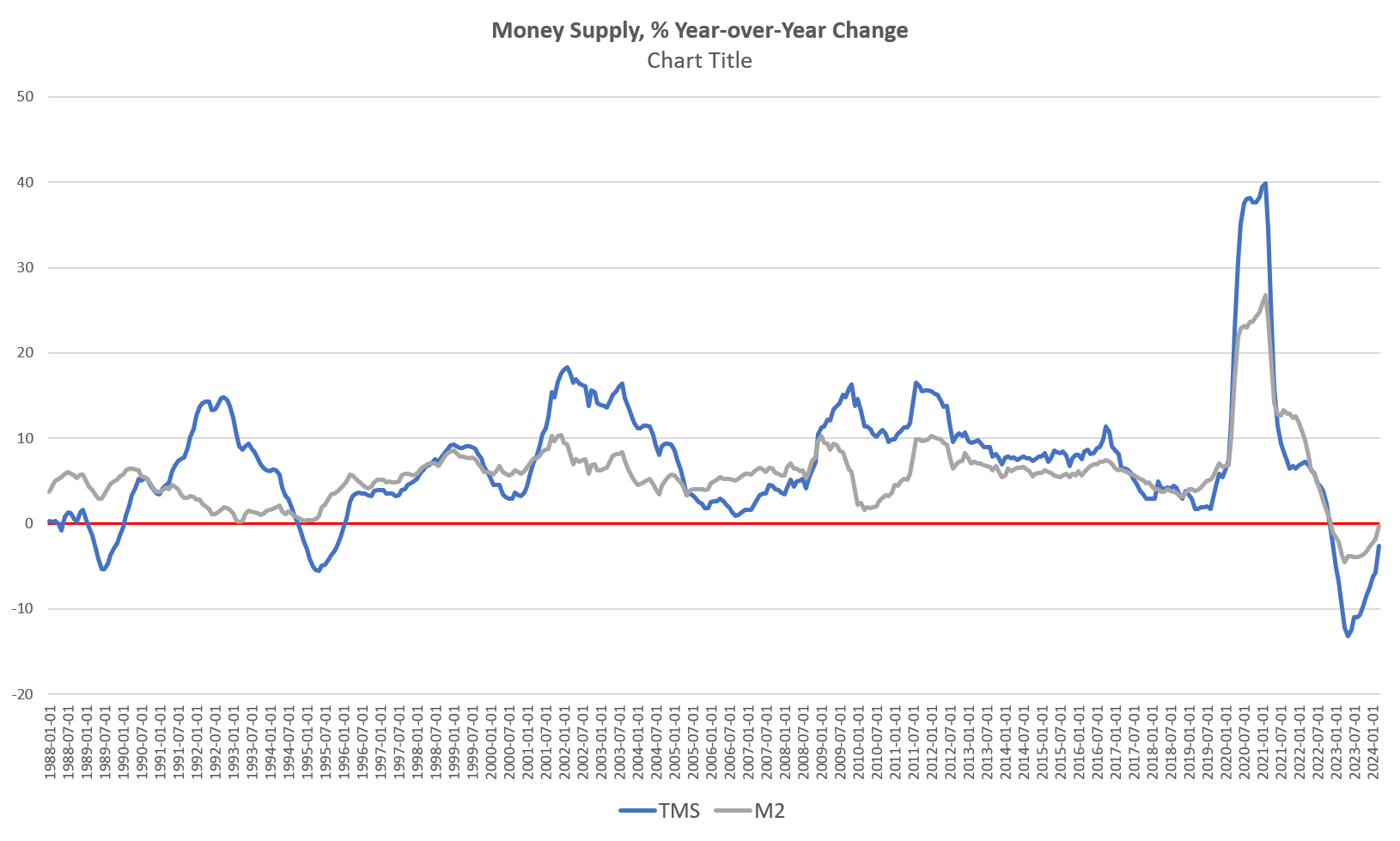Category Archive: 6b.) Mises.org
Inequality is Overstated—and Overrated
Whining and complaining about inequality is a growth industry. Thomas Piketty’s book (or perhaps a large virtue-signaling paperweight), about how the rich are getting richer, achieved bestseller status and is now a movie. Understanding the flaws in the wealth inequality argument is increasingly important, because the communist wing of the Democratic Party is now openly advocating a wealth tax.
Read More »
Read More »
The Scandinavian Model Won’t Work in Chile
Scandinavian welfare states continue to allure leftist onlookers across the world. The Nordic welfare model is marketed as a humane alternative to the cutthroat nature of Western capitalism. It received a massive boost when Vermont senator Bernie Sanders campaigned on emulating these countries in both of his presidential runs during 2016 and 2020.
Read More »
Read More »
The Great Society: A Lesson in American Central Planning
Most people associate the Great Society initiative with Lyndon Baines Johnson. There is very good reason for that, to be sure. As president, Johnson, the “master of the Senate,” was the driving force behind the raft of legislation that passed during his administration, the 1964 and 1965 legislation that framed and filled in his vision for a “great society” in which the blessings of postwar America’s bonanza would be shared by all.
Read More »
Read More »
The Employment Situation Is Still a Disaster
Last Friday, the US Bureau of Labor Statistics released new unemployment data. The report surprised many because it showed a decrease in the unemployment rate, while many observers had expected an increase.
Read More »
Read More »
Mark Packard’s Value Learning Process: The Two Kinds of Knowledge Entrepreneurs Must Have
Key Takeaways and Actionable Insights. Innovation is one of the keys to business success. The world is changing at such a pace, and your customers’ preferences are changing so fast, that your business has to change at the same speed, or even faster. How to keep up is a part of the entrepreneurial challenge.
Read More »
Read More »
Economic Collapse Has Turned Many Europeans against the EU
Since the beginning of the year, the corona crisis has monopolized news coverage to the extent that a lot of very important stories and developments either went underreported or were ignored altogether. One such example was the very surprising ruling that came out of the German Constitutional Court in early May, which challenged the actions and remit of the European Central Bank (ECB).
Read More »
Read More »
The Search for Yield
A no-holds-barred discussion of the economy after the coronavirus shutdown and George Floyd protests. Are we facing another Great Depression? Can there be a V-shaped recovery or is this wishful thinking? What will all the new money and credit created by Congress and the Fed mean for the dollar? What kind of economic mess will Trump or Biden inherit in 2021? How far will Fed chair Powell go to keep markets propped up?
Read More »
Read More »
Central Bankers Gone Wild: It’s a New Era at the Fed
Editor's Note: We keep hearing from the Fed's defenders that the current spate of new stimulus and bailouts from the central bank are really not a big deal and are all very prudent and moderate. I asked Senior Fellow Bob Murphy to provide some much needed perspective.
Read More »
Read More »
The Importance of Economic Theory in Understanding Historical Data
It is a common belief that sound economics must be based on facts and not on theoretical reasoning as such. Some commentators are dismissive of economic analysis that is not derived from the true data, since it is not describing the facts of reality as depicted by historical data. The use of the free market economy framework, without the central bank and government intervention and with businesses as a foundation to derive valid conclusions, is...
Read More »
Read More »
Why GDP Metrics Won’t Tell Us Much about the Post-COVID Recovery
In seeking to measure everything, econometricians gave us the dubious gift of gross national product and gross domestic product, the latter being in fashion today and the former in times past. Although there are different ways of measuring it, GDP is commonly taken as a measure of spending, comprised of household spending, government spending, investment spending, and net exports.
Read More »
Read More »
Entrepreneurship in the Time of COVID-19
Per Bylund, author of The Seen, the Unseen, and the Unrealized: How Regulations Affect Our Everyday Lives has commented extensively here at mises.org, and in a variety of entrepreneurship-focused publications, about the economics of entrepreneursip. Editor Ryan McMaken recently asked Professor Bylund to comment on what challenges entrepreneurs face right now in a rapidly changing legal and economic landscape.
Read More »
Read More »
The Media Has Conveniently Forgotten George W. Bush’s Many Atrocities
Former president George W. Bush has returned to the spotlight to give moral guidance to America in these troubled times. In a statement released on Tuesday, Bush announced that he was “anguished” by the “brutal suffocation” of George Floyd and declared that “lasting peace in our communities requires truly equal justice. The rule of law ultimately depends on the fairness and legitimacy of the legal system. And achieving justice for all is the duty...
Read More »
Read More »
The German Court’s Unexpected Blow to the ECB
A high German court recently ruled that the European Central Bank has overstepped the bounds of its power. The angry response from high-ranking European bureaucrats tells us a lot about what they want for the EU.
This Audio Mises Wire is generously sponsored by Christopher Condon. Narrated by Millian Quinteros.
Original Article: "The German Court's Unexpected Blow to the ECB"
Read More »
Read More »
There’s No End in Sight to the Zombie Economy
The United States was waiting for the zombie apocalypse. The country was given a coronapocalypse instead. But could the two events merge and provide the nation with a dangerous economic trend? Corporate America’s worst-kept secret had been the swelling number of zombies kept on life support and hidden away during the boom phase of the business cycle.
Read More »
Read More »
Michael Flynn, Lori Loughlin, and the Permanent Culture of Prosecutorial Abuse
When US attorney general William Barr recently announced that the Department of Justice was reversing course and dropping all charges against former Trump adviser Michael Flynn, the response from Democrats, the mainstream news media, and Never-Trump Republicans such as David French was thermonuclear, to put it mildly.
Read More »
Read More »
Two Analogies for the Economy That the Media Keeps Getting Wrong
In an attempt to maintain the lockdown and their authority over our lives, politicians, health experts, and the mainstream media have been misusing some unusual analogies to describe the current economy. By using these analogies, our political overlords hope they can continue to keep the economy shut down, force companies to produce what the government forgot to purchase before the virus hit, and toss out trillions of dollars of handouts and...
Read More »
Read More »
Defining “Inflation” Correctly
Inflation is typically defined as a general increase in the prices of goods and services—described by changes in the Consumer Price Index (CPI) or other price indexes. If inflation is a general rise in measured prices, then why is it regarded as bad news? What kind of damage can it inflict? Mainstream economists maintain that inflation causes speculative buying, which generates waste.
Read More »
Read More »
Why Congressional “Oversight” of the Bureaucracy Is No Such Thing
I have long been fascinated by both public policy and the interesting crooks, crannies, and oddities found in the English language. Recently, I came across one such tidbit which connected both of those interests. Hugh Rawson, in "Janus Words—Two-faced English" on the Cambridge Dictionary blog, was discussing a number of English words that are sometimes called Janus words, after the Roman god depicted with two faces pointing in opposite directions,...
Read More »
Read More »
How We Might Respond to a Panedemic Were Society Not So Dominated by the State
“There are no libertarians in an epidemic” crowed Atlantic reporter Peter Nicholas back on March 10, as he listed the numerous economic interventions the Trump administration was undertaking in the wake of the mounting COVID-19 crisis. This intervention, Nicholas declared, just goes to show you that whatever antigovernment talk one might talk, government intervention in the economy is “nothing new and, as may well prove the case this time around,...
Read More »
Read More »
The Chicago School versus the Austrian School
Listen to the Audio Mises Wire version of this article. People often ask me, How are the Austrians different from the Chicago School economists? Aren't you all free market guys who oppose big-government Keynesians?
Read More »
Read More »











